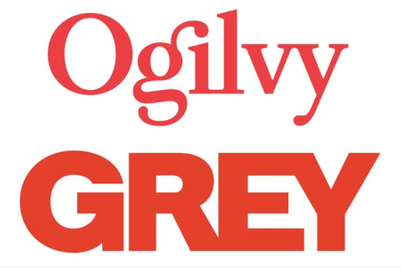
In March, cable operators were granted a licence for the first time to run up to six minutes of advertising per hour of programming, or a total of 120 minutes of advertising per day, as part of the Kingdom’s latest Broadcasting Act.
Since then, advertisers have moved to take advantage of grey areas in the law, leading Grisanaporn Soempanich, deputy director-general of the Public Relations Department of Thailand, to suggest a new law - to be known as the Frequency Allocation Act - to tighten the regulation of pay-TV advertising. The new law would place the pay-TV industry under the jurisdiction of a new regulator, the National Broadcasting Commission (NBC) .
Paul Gibbins, MD of MindShare Thailand, said: “Most advertisers seem to be applying laws that are already in existence for terrestrial broadcasts - such as FDA regulations and the Alcohol Advertising law - to cable television.”
“While some advertisers may see an opportunity during this period of ‘greyness’, most agencies and advertisers are applying a sensible level of self-censorship.” Suphanee Dechaburananon, director of trading and strategy for GroupM Thailand, is heading a task force with representatives from the Cable TV Association, Cable TV Content Provider and AGB Nielsen, to establish rating measurements for the industry, which are unavailable.
Ratings would go some way to expanding the advertising market of the pay-TV industry as rates on free-to-air channels continue to climb. Adspend for Thailand’s pay-TV industry is set to increase to 2.5 billion baht (US$74 million) over the next few years as pay-TV penetration doubles to more than five million households. This represents just five per cent of the 50 billion baht spent on free-to-air TV.



.jpg&h=334&w=500&q=100&v=20250320&c=1)

.jpg&h=334&w=500&q=100&v=20250320&c=1)
.jpg&h=334&w=500&q=100&v=20250320&c=1)

.jpg&h=334&w=500&q=100&v=20250320&c=1)
.jpg&h=334&w=500&q=100&v=20250320&c=1)
.jpg&h=334&w=500&q=100&v=20250320&c=1)

.png&h=268&w=401&q=100&v=20250320&c=1)

.png&h=268&w=401&q=100&v=20250320&c=1)
.png&h=268&w=401&q=100&v=20250320&c=1)
.jpg&h=268&w=401&q=100&v=20250320&c=1)


